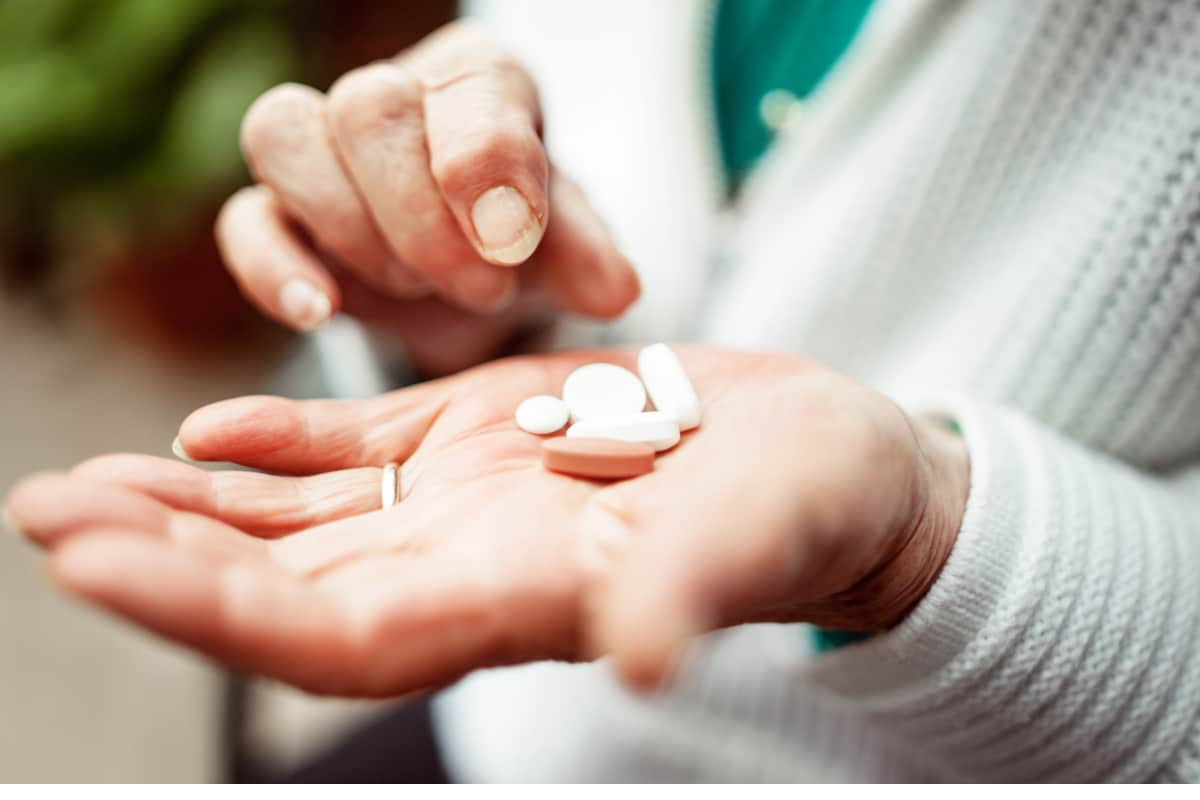Doctor Explains If You Can Take Anti-malaria Tablets

Malaria patients should not take antibiotics.
Dr Sonia Rawat, director of the Preventive Health Department of Sir Ganga Ram Hospital, shares her knowledge about the medicines.
Malaria is a life-threatening disease, which occurs mostly during the rainy season. It is caused by a parasite that is transmitted to people through the bite of infected female Anopheles mosquitoes. The disease can be cured completely if taken proper medication and rest. Yet, there are many precautions to be taken for a speedy recovery.
First and foremost, people should not start taking medicines without consulting a doctor. Dr Sonia Rawat, director of the Preventive Health Department of Sir Ganga Ram Hospital, has shared her insights about the medicines to be taken if you are suffering from malaria.
According to Dr Sonia Rawat, if you have a malaria fever, only paracetamol tablets are recommended for the patients. Malaria patients should not take antibiotics. If you are seeing symptoms of malaria, you should conduct a blood test after consulting a doctor. And if your test reports come positive, take medications as prescribed by the doctor. Several antimalarial drugs are available in the market. Hence, the patient should consult their doctor before taking any medications.
Home remedies to prevent malaria?
Malaria spreads through the bite of an infected mosquito. Following this, blood transfusion can reach the infected person’s syringe and can be transmitted from mother to child during pregnancy. Due to malaria infection, the patient’s platelet count also decreases. Besides this, haemoglobin and sugar levels can also be affected. To treat malaria, do not allow water to collect in your house and do everything possible to avoid mosquitoes. Take special care of the elderly and children and contact the doctor in case of any problem.
Symptoms of malaria
Symptoms of malaria include fever and flu-like illness, including headache, muscle aches, shaking chills and tiredness. Other common symptoms of malaria are nausea, vomiting and diarrhoea. Malaria may also cause anaemia and jaundice (yellow colouring of the skin and eyes) as the patients suffer from loss of red blood cells in the body.
Other things to keep in mind
Dr Sonia Rawat has advised that hydroxychloroquine (HCQ) tablets should be taken only after consulting a doctor. She informed even healthy individuals face the risk of developing side effects when they take hydroxychloroquine tablets without keeping their doctors in the loop. If you take HCQ without consulting a doctor, you may get symptoms like vision problems, headaches, dizziness, nausea, diarrhoea, hearing loss and stomach pain.
Read all the Latest Lifestyle News here
For all the latest lifestyle News Click Here

